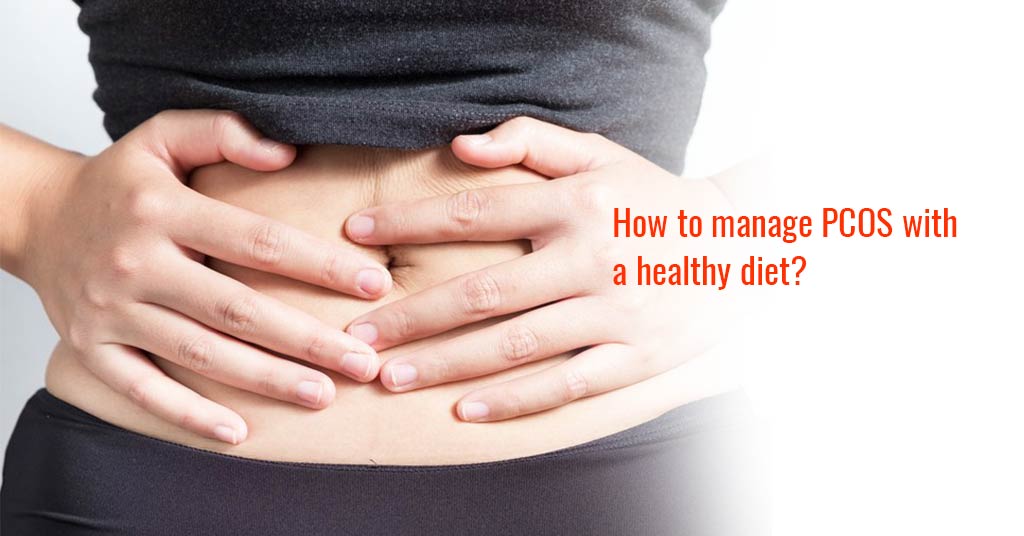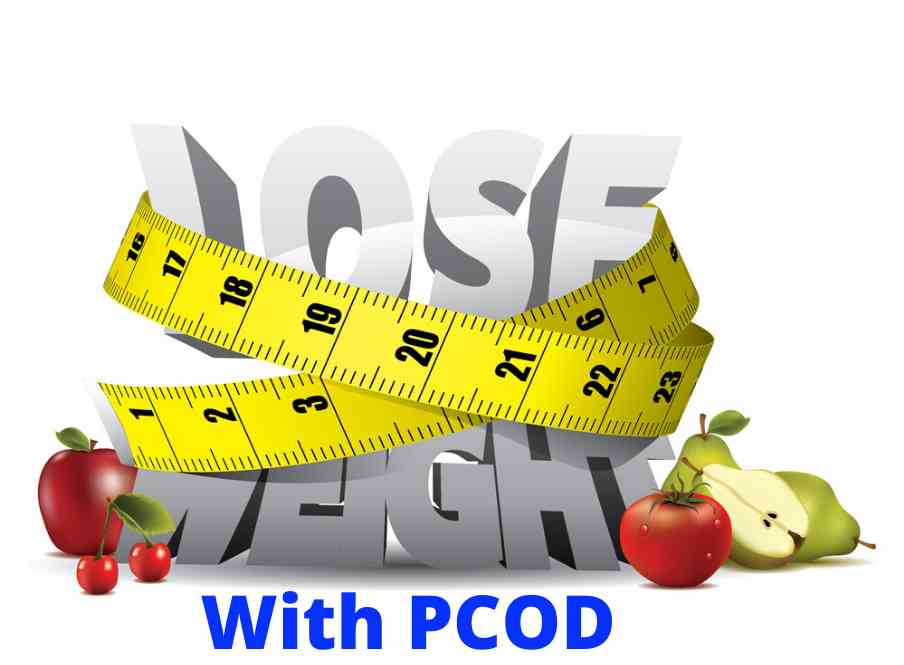Ashu’s Gupta Diet Clinic can guide you with a highly effective PCOS diet plan in Gurgaon for people. Check out below all you need to know.
What is PCOS?
PCOS (polycystic ovary syndrome) is a condition where you typically have irregular periods or no periods at all. Women with PCOS are typically found with multiple cysts in the ovaries, formed due to an overproduction of androgen hormones. Nearly 50% of women with this disease are obese or overweight. Common PCOS symptoms are:
- Acne
- Hirsutism (excessive hairiness)
- Androgenic alopecia
Women with PCOS, especially when its symptoms are unmanageable, might also be at a higher risk for:
- Heart disease
- Endometrial cancer
- Diabetes
- High blood pressure
Several women with PCOS are unable to control their risk factors and symptoms by managing their lifestyle and diet choices.
How changes to your diet and lifestyle can help PCOS?
Women with PCOS often have abnormally high insulin levels. The pancreas produces the hormone, insulin. It helps your body cells to turn glucose (sugar) into energy.
If you can’t produce sufficient insulin, blood sugar levels can increase. It can also occur if you’re insulin resistant (i.e., you can’t use the insulin produced by yourself effectively).
Being insulin resistant, the body might try pumping out higher levels of insulin to try to maintain normal blood sugar levels. Too high insulin levels may lead the ovaries to create more androgens like testosterone.
Having a body mass index (BMI) above the standard range can also cause insulin resistance. Insulin resistance makes it more difficult to lose weight. So women with PCOS often face this problem.
A diet rich in refined carbs like sugary and starchy foods can make insulin resistance (and hence weight loss) harder to manage. Therefore, dietary changes can highly help PCOS.
Besides dietary changes, lifestyle changes also trigger a positive response from PCOS. This includes regular physical movement and exercise for reducing insulin resistance, particularly when combined with a restricted intake of unhealthy carbs. Women may have better ovulation with weight loss. So overweight or obese women trying to get pregnant can find physician-approved exercise more helpful.
PCOS symptoms can cause stress that can be treated with stress reduction techniques like meditation and yoga.
Foods you should eat on a PCOS diet
High-fiber foods
They can help fight insulin resistance. They slow down digestion and reduce the effect of sugar on your blood this can benefit women with PCOS.
The best options for high-fiber foods are:
-
Cruciferous vegetables like Brussels sprouts, cauliflower, and broccoli
-
Green vegetables like lettuce and spinach
-
Red and green peppers
-
Lentils and beans
-
Almonds
-
Berries
-
Sweet potatoes
-
Pumpkin
-
Lean proteins
These sources including fish and chicken do not provide fiber. However, they are highly filling and a healthy dietary option if you have PCOS.
Anti-inflammatory foods and spices
Foods that help decrease inflammation can also be helpful. They include:
Tips for PCOS diet
Women with PCOS must consume a higher-protein diet for reducing appetite and lowering testosterone and insulin levels. It works better than a higher-carb diet.
A low-GI diet can aid in restoring irregular periods, lowering inflammatory markers, and promoting insulin sensitivity in women with PCOS.
In women with PCOS, a moderate decrease in carbohydrates lowers testosterone and insulin levels and promotes insulin sensitivity. It may also aid in slightly better weight loss.
Having a smaller evening meal and a larger breakfast may help promote hormone levels and ovulation in women having PCOS. However, more research is required.
A sufficient supply of healthy fats like omega-3 fatty acids can help decrease testosterone and insulin levels and enhance insulin resistance in women having PCOS.
Daily exercise may help burn body fat, enhance insulin resistance and ovulation and decrease inflammatory markers in women having PCOS, supporting their PCOS diet plan.
Chromium and vitamin D supplements can help promote PCOS symptoms, mainly if you are deficient in these. However, more research is needed.







